
Paul Brand 10am - 12pm
13 October 2022, 08:33 | Updated: 13 October 2022, 08:34
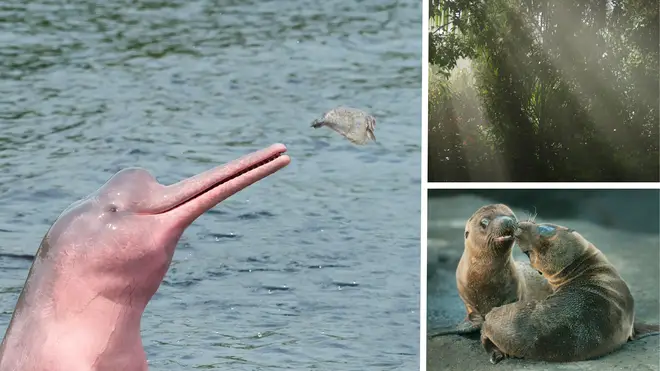
Wildlife populations across the world have plummeted by 69% over the past 50 years, according to a new study.
In the Caribbean and Latin America, wildlife populations fell by an average of 94%, according to a report by the World Wildlife Fund (WWF).
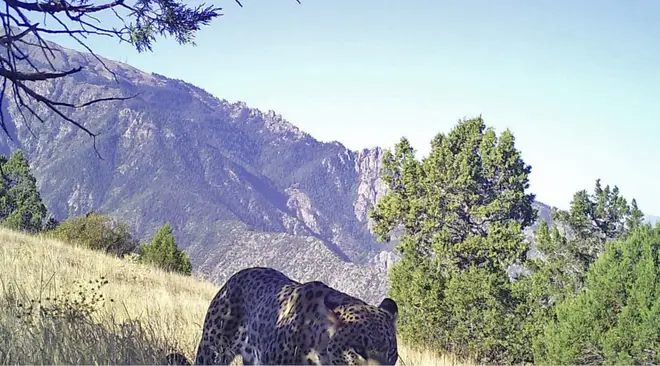
The species whose populations have dropped include the Amazon pink river dolphin, whose population in a special development area in the Brazilian state of Amazonas dropped by 65% between 1994 and 2016.
In South and Western Australia, the number of Australian sea lion pups fell 64% between 1977 and 2019 due to hunting as well as pups being caught in fishing gear or other marine debris or dying of disease.
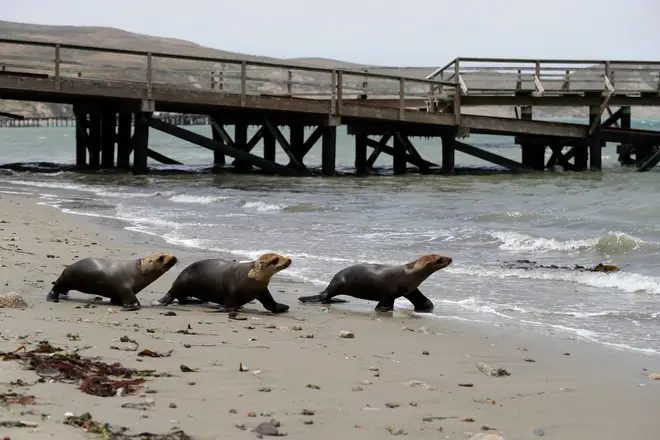
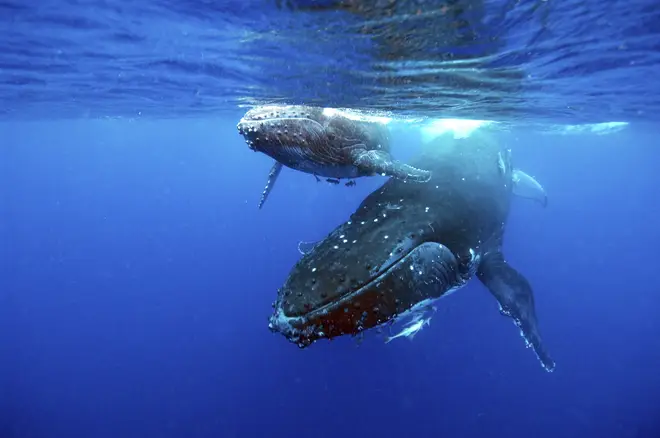
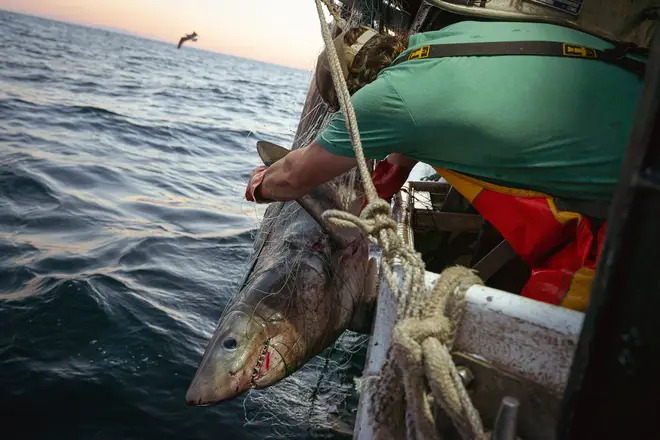
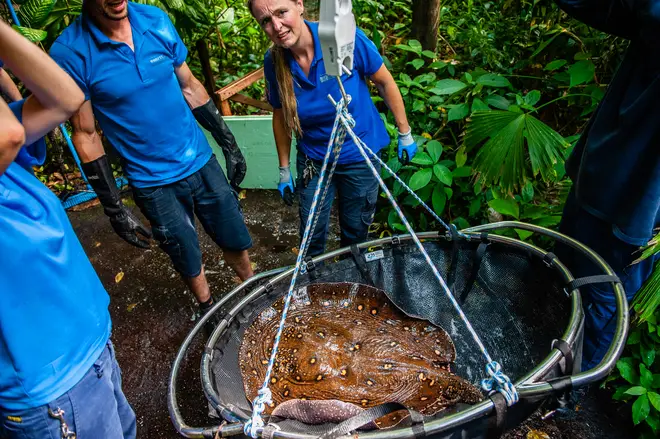
Some ten million hectares of forests are disappearing every year - about the size of Portugal.
Meanwhile on average, the populations of sharks and rays in the oceans have fallen by 71% in the last 50 years.
Other species were doing better. The number of loggerhead turtle nests increased by 500% along the coastline of Chrysochou Bay in Cyprus, between 1999 and 2015, because of methods like using cages to protect turtle nests from foxes.
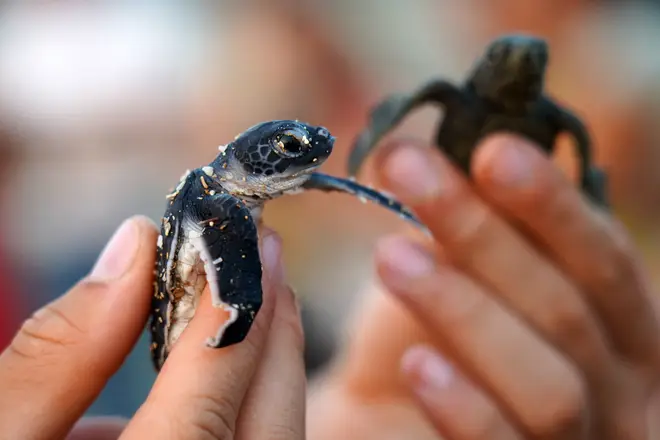
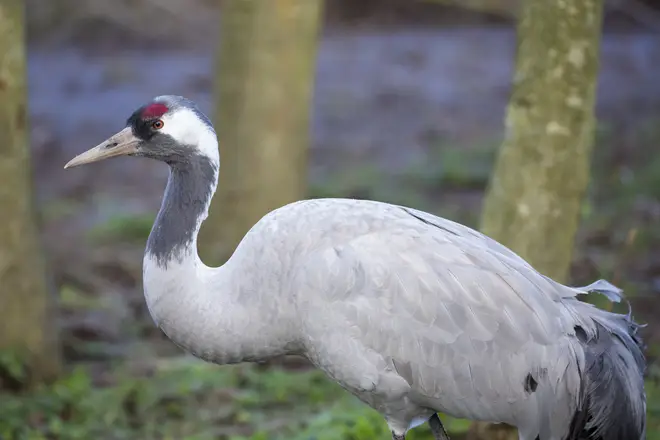
Cranes have been extinct in the UK, but a small breeding population was re-established in Norfolk in 1979 and a reintroduction programme launched in Somerset in 2010. 2021 was the most successful year for cranes since the 17th century, and the population is now thought to stand at more than 200.
The WWF called for governments including the UK to slow the rate of decline after the publication of the Living Planet Index, which measures changes in 32,000 populations of 5,230 animal species.

Some species in Australia are under extreme threat of extinction, says wildlife activist
Tanya Steele, chief executive of the WWF, said: “Despite the science, the catastrophic projections, the impassioned speeches and promises, the burning forests, submerged countries, record temperatures and displaced millions – world leaders continue to sit back and watch our world burn in front of our eyes.
“The climate and nature crises, their fates entwined, are not some faraway threat our grandchildren will solve with still-to-be-discovered technology.

Extinction Rebellion protest in House of Commons chamber
“Across the world, and in the UK, nature is on its knees and our leaders are risking catastrophic consequences for people, planet and our economy by failing to act. We are hurtling towards a hotter planet where nature - and with it, our food, our homes and livelihoods – will be unable to survive without urgent action now to save our climate.
“The world doesn’t have time to wait – and doing so would be the biggest possible betrayal of future generations.”
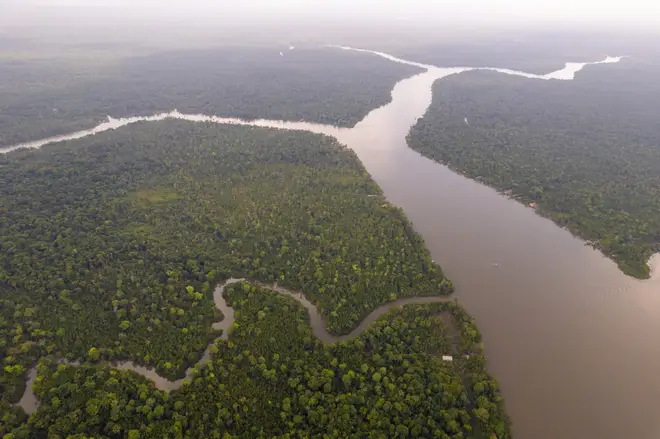
Speaking about land in her Indigenous community, Auricélia Arapiun, leader of CITA - Tapajós Arapiuns Indigenous Council in the Para state of the Brazilian Amazon, said: “The decline in animals across our land is stark – we used to see armadillos every day, now we see none. Jaguars used to be hard to spot, but because their hunting grounds and the trees that were their habitats have been destroyed, they come to our villages and kill our dogs.
"We have to keep a very careful eye on our children. This never used to happen, they would hunt and roam in the forest. “I have chosen to sacrifice my life and my location to make sure that my children have a sacred place they can call home when they grow up. I’m fighting for their future.”